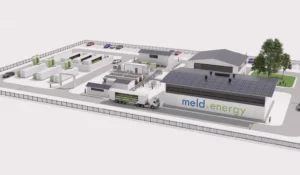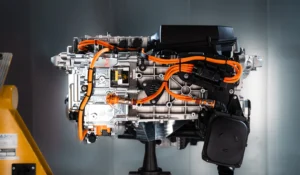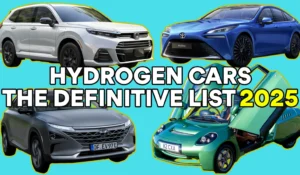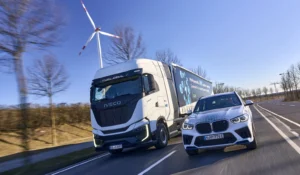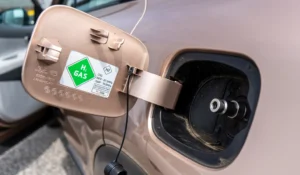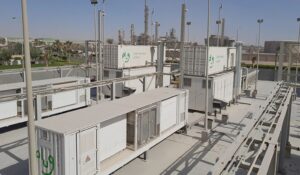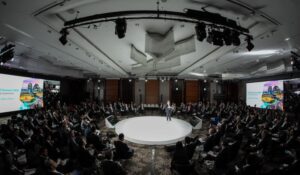EU approves €998 million Dutch hydrogen scheme
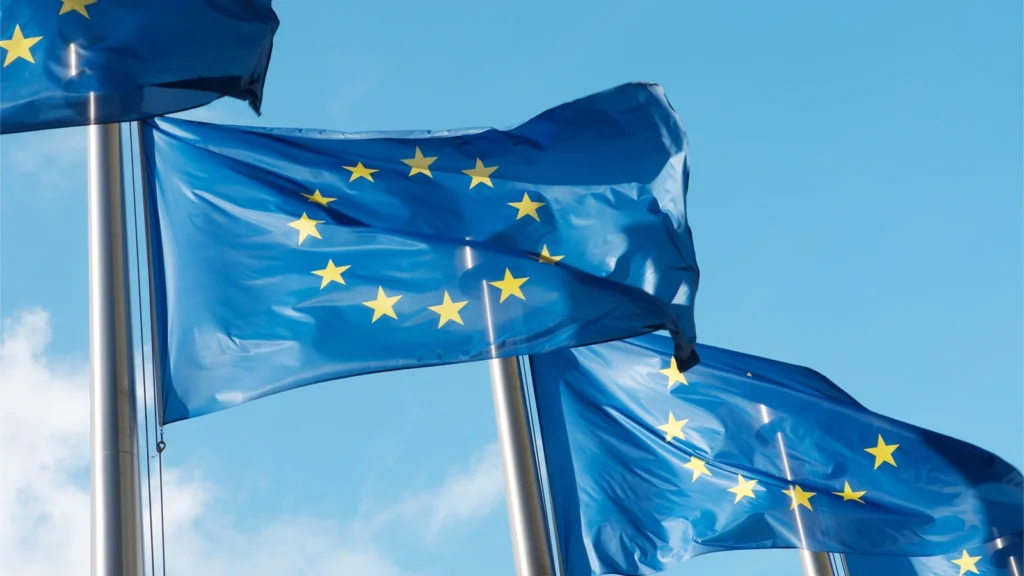
The EU Commission has announced its approval of a €998 million Dutch renewable hydrogen production scheme to accelerate the green transition and boost energy security.
The scheme aims to accelerate the green transition – the shift from fossil fuels to renewable and sustainable energy sources.
This initiative will provide state aid to renewable hydrogen production projects with a capacity of at least 0.5 MW, supporting the Netherlands’ goal of reaching 500 MW of electrolyser capacity by 2025 and 3-4 GW by 2030.
Grants will be awarded through a competitive bidding process concluding in 2024. The grant includes an up-front investment covering up to 80% of the project costs, followed by a variable premium paid over five to 10 years.
EU state aid for hydrogen
The Netherlands’ scheme was evaluated under the EU’s state aid rules, specifically Article 107(3)(c) of the Treaty on the Functioning of the European Union.
This article makes allowances for Member States to grant state aid to support the development of a limited number of economic activities.
Central to the EU is its single market, which facilitates the free movement of goods, services, capital, and people. Therefore, state aid proposals must demonstrate that the benefits of making aid available outweigh potential negative impacts, such as distorting competition.
Alongside proving the above, the Dutch scheme was found to have a minimal impact on competition and trade, largely due to its transparent bidding process and the provision of only the minimum necessary aid for each project.
The scheme was also found to have an ‘incentive effect’, meaning the aid will encourage renewable hydrogen production that might not otherwise occur.
European hydrogen initiatives
The Dutch scheme coincides with similar European Commission-approved hydrogen initiatives in Spain, Italy, and Finland, all aimed at achieving the EU’s climate and renewable hydrogen production targets.
The EU aims to install 40 GW of renewable hydrogen electrolysers by 2030, and renewable hydrogen production is critical to the EU’s broader climate neutrality goals.
In a press release following the European Commission’s announcement, Margrethe Vestager, Executive Vice-President in charge of competition policy, noted that developing renewable hydrogen production is key to achieving EU climate neutrality.
REPowerEU
This initiative also supports the EU’s hydrogen strategy and REPowerEU, which focus on cost-effective decarbonisation and reducing reliance on imported fossil fuels, particularly from Russia.
The EU’s hydrogen strategy, adopted in 2020, outlines suggested policy action in five main areas: investment support; support production and demand; creating a hydrogen market and infrastructure; research and cooperation; and international cooperation.
The Dutch scheme contributes to these goals by investing in renewable hydrogen production projects, supporting the EU’s aim of producing 10 million tonnes of renewable hydrogen by 2030.
It also contributes to the European Green Deal, the EU’s plan to make Europe the first climate-neutral continent.
Beyond climate objectives, these renewable hydrogen schemes also enhance the EU’s energy security and self-sufficiency.
Given these benefits, the Commission is expected to continue approving similar proposals, provided they demonstrate minimal impact on competition and trade in the EU.

